Good morning, it’s Thursday, July 17th. In today’s news, Canada’s record income gap is crushing young People, The EU prepares for a new era of global conflict, Carney’s ethics screen is a sham, Trump lashes out at ‘weaklings’ who believe ‘Epstein bullshit,’ and much more.
First time reading the daily blend? Sign up here.
Two Economies, One Country: Canada’s Record Income Gap Is Crushing Young People
Canada’s income gap has reached a historic high — and nowhere is the divide more visible than in the lives of young Canadians. According to the latest figures from Statistics Canada, the disparity in disposable income between the top 40% and bottom 40% of earners has hit a record 49 percentage points. But beneath the national averages is a more alarming trend: a full-blown “youth-cession” that’s pushing an entire generation to the economic margins.
While high-income households are gaining ground through investment returns, lower-income Canadians — especially those under 35 — are falling further behind. In the first quarter of 2025, wages for the bottom 20% of earners actually declined, even as living costs rose. Meanwhile, those in the top 20% saw their disposable incomes jump 7.7% year over year. The economic engine is clearly working, just not for everyone.
This divide is being compounded by a labour market that has left young Canadians stranded. Unemployment among youth is now 14.2%, with students facing an even bleaker 17.4% rate. The retail and hospitality sectors — traditional entry points for younger workers — are shrinking under the pressure of an ongoing trade war with the U.S., rising inflation, and tariff uncertainty that’s driving up business costs and slowing hiring.
Nearly half of Canadians aged 18–34 say they feel anxious or stalled because of their financial situation. One third say their lives are on hold. For many, saving for a home, building a career, or even starting a family is no longer realistic. While older and higher-income households are managing to cut non-essential spending and build emergency savings — with some putting away an average of $916/month — most young people are living paycheque to paycheque with little to nothing left over.
“This is a generalized failure to launch,” says economist Armine Yalnizyan. “We’re looking at scarring for millions of young people who can’t get a foot in the door.”
Public policy has a choice to make: either continue cushioning those already ahead, or focus on repairing the foundations for those being left behind. Canada’s youth aren’t just collateral damage in today’s economy — they’re the future. And right now, they’re slipping away. Source and Source.
Europe’s $2.2 Trillion Power Play: The EU Prepares for a New Era of Global Conflict
The European Commission has unveiled a sweeping proposal for its next Multiannual Financial Framework (MFF)—a €2 trillion ($2.2 trillion USD) budget spanning 2028 to 2034. But this isn’t just about bookkeeping. It’s a strategic shift that places defence, geopolitical resilience, and economic self-reliance at the heart of Europe’s long-term agenda.
The proposal reflects lessons learned from COVID-19, the war in Ukraine, and rising global instability. While still requiring approval from all 27 member states and the European Parliament, the plan marks the clearest sign yet that the European Union is preparing for a more dangerous and divided world.
A Budget Built for War and Crisis
The plan centers around three pillars: internal partnerships, economic competitiveness, and external global action. Among the most significant allocations:
€131 billion for defence and space—a fivefold increase over current levels
€200 billion for foreign policy and global partnerships under the Global Europe pillar
€100 billion in off-budget commitments for Ukraine’s reconstruction
A tenfold boost to military mobility, allowing rapid movement of troops and equipment across Europe
Tripled funding for border and migration management, especially near Russia, Ukraine, and Belarus
A new €400 billion crisis fund, only unlockable by a unanimous vote, to respond to emergencies like war or pandemics
Additionally, the proposal includes €451 billion for a new Competitiveness Fund and continued investment in AI, infrastructure, and digital services.
A Turning Point for Global Security
This budget is more than a financial plan—it’s a declaration of Europe’s intent to become a serious geopolitical and military player in its own right. Here's what it means:
Europe Is Militarizing at Scale: After decades of relying on NATO and the US, the EU is finally putting its money where its mouth is. The surge in defence spending reflects a continental pivot toward self-reliance, building the capacity to deter aggression, not just react to it. Combined with massive upgrades to infrastructure and mobility, the bloc is preparing for the real possibility of future conflict on or near its borders.
Strategic Autonomy Is No Longer Rhetoric: Calls for a “sovereign Europe” have been growing louder in recent years, particularly from leaders like Emmanuel Macron. This budget proposal transforms that vision into an institutional reality. It’s clear the EU no longer wants to depend solely on Washington for its defence or global strategy.
The Tech and AI Arms Race Is On: Funds are being channelled into AI-backed systems, space capabilities, and digital infrastructure—technologies that will define the next generation of warfare. By merging military and innovation funding, the EU is ensuring it won't be left behind in the rapidly evolving digital battlefield.
A Strong Message to Adversaries: Massive support for Ukraine, investments in border regions, and aggressive military spending send a crystal-clear message to Russia, China, and others: Europe is not retreating—it’s reinforcing. The EU is asserting itself as not just a diplomatic force, but a security power prepared to act.
A New Global Power Bloc Emerges: As alliances harden and the international order becomes more polarized, this move solidifies Europe’s position as a third great pillar of global power, alongside the United States and China. The world is increasingly defined by competing spheres of influence, and this budget signals that Europe intends to lead its own.
Not Without Controversy
Despite its ambition, the plan faces criticism. Some EU lawmakers argue it lacks transparency, weakens traditional supports like agriculture, and doesn’t sufficiently engage Parliament. Budget co-rapporteur Siegfried Mureşan warned that the proposal “would weaken the budget and the European Union” if key priorities—like support for farmers and local regions—are diluted.
Still, the direction is unmistakable: Europe is gearing up for a decade of disruption, and this budget lays the groundwork for a stronger, more assertive role on the global stage.
Democracy Watch: Carney’s Ethics Screen Is a Sham
Prime Minister Mark Carney is walking into office with a credibility crisis — one that no “ethics screen” can contain. A leading democracy watchdog is now warning that Carney’s personal fortune, embedded in more than 550 companies including the $900 billion investment giant Brookfield, represents a disabling conflict of interest that threatens the integrity of Canadian governance.
Democracy Watch says Carney’s “blind trust” is a sham. He personally selected the trustee, retains control over the assets, and holds long-term stock options that keep him financially tied to Brookfield — a company he once chaired. Worse, Brookfield holds billions in politically sensitive Chinese real estate, banking, and energy interests. One deal alone — a $750 million investment in a Shanghai project — links back to a Hong Kong tycoon embedded in Beijing’s United Front, a political influence network identified by the CIA.
This isn’t ancient history. Just last year, Brookfield secured nearly $300 million in loans from the Bank of China, echoing Carney’s past promotion of Chinese financial expansion during his time at the Bank of England. Even after stepping back from Brookfield’s daily operations, evidence suggests Carney’s influence over its China strategy persisted into his political transition.
The implications are staggering. As watchdog co-founder Duff Conacher warned, Carney’s holdings “taint” not only domestic policymaking but also Canada’s global posture — especially toward adversaries like China that are already interfering in our politics. That’s not a partisan jab. It’s a constitutional concern.
Meanwhile, The Bureau’s past investigations paint an even darker picture: a network of pro-Beijing Western elites, World Economic Forum insiders, and former Trudeau operatives — including Gerald Butts and Dominic Barton — all orbiting the same financial constellation as Carney. Add to that the media entanglements: former CBC host Evan Solomon, once exposed for peddling Carney-linked art, now serves in Carney’s cabinet as Minister of Artificial Intelligence.
This isn’t just poor optics. It’s systemic rot.
Mark Carney entered politics promising a clean break from Trudeau. Instead, he may be entrenching something worse: a government enmeshed in corporate leverage, ideological capture, and global financial interests at odds with national sovereignty.
If this is what ethical leadership looks like, what exactly are we being governed by? Source.
Trump Lashes Out at ‘Weaklings’ Who Believe ‘Epstein Bullshit’
In what has become a dark, confusing and rather disappointing situation, President Donald Trump has now become embroiled in a fiery dispute with former supporters over the Jeffrey Epstein scandal, accusing them of falling for Democratic "bullshit." Trump's frustration peaked in a Truth Social post, where he labelled the Epstein controversy a "hoax" and criticized Republicans pressing for more transparency. Despite initial backlash, Trump later softened his stance but maintained support for Attorney General Pam Bondi's handling of the issue. Meanwhile, GOP figures like Reps. Marjorie Taylor Greene and Lauren Boebert are pushing for further congressional action, escalating tensions within the party.
While the truth remains unclear, the official narrative is riddled with contradictions, key documents are still being withheld, and we’re no closer to real answers than we were five years ago—I have a feeling this story is far from over. More
Top FDA Vaccine Official Overruled Reviewers 3 Times on COVID-19 Shots
Dr. Vinay Prasad, the FDA’s top vaccine official, has overruled agency reviewers on three key COVID-19 vaccine decisions, including Moderna’s request to approve its Spikevax shot for all young children. Instead, Prasad limited approval to children six months and older with underlying health conditions, citing insufficient evidence of net benefit for healthy children. He made similar calls to restrict Moderna’s next-generation mNEXSPIKE and Novavax’s Nuvaxovid vaccines to older adults and high-risk groups, despite internal FDA reviewers supporting broader use. The move marks a shift toward more cautious, data-driven approvals, but has drawn criticism from experts who say Prasad ignored relevant trial data and failed to fully explain where FDA scientists went wrong. More
Canada Slaps Higher Tariffs on Chinese Steel - Canada will implement an additional 25 percent tariff on steel imports from China to ensure domestic steel producers are “more competitive” by protecting them against trade diversion from other countries. More
Thai Woman Arrested in Explosive Buddhist Monk Sex and Blackmail Scandal Involving Thousands of Videos - She enticed a string of Buddhist monks into sexual relationships and then pressured them into making large payments to cover up their intimacy. More
Ukraine’s Prime Minister Resigns, Opening the Door to a Broad Government Reshuffle - More
Israel Launches Strikes on Syrian Military Headquarters in Damascus - The airstrikes come amid violence in and around the predominantly Druze city of Sweida in southern Syria. More
Illegal Border Crossings Into the US Hit Record Monthly Low, CBP Says - More
Several Oilfields in Iraq Halt Production After Drone Attacks - More
Zuckerberg and Former Meta Leaders Face $8 Billion Trial Over Facebook Privacy Practices
Meta CEO Mark Zuckerberg and several current and former executives are on trial for allegedly failing to protect Facebook user data, which led to a record $5 billion fine by the Federal Trade Commission (FTC) and additional related costs. The $8 billion shareholder lawsuit claims they broke their duties by ignoring privacy rules from a 2012 FTC agreement, which contributed to the Cambridge Analytica scandal, exposing data from up to 87 million users. The defendants deny these claims, saying they took proper steps and were misled by third parties. The non-jury trial began on July 16 in Delaware’s Court of Chancery, with key company leaders expected to testify. More
Ford Stock Takes a Hit After Nearly 700,000 Broncos and Escapes Recalled - More
Barclays Bank Fined $56 Million for Money-Laundering Failures - More
Habitable Worlds Observatory Set to Hunt for Signs of Life on Exoplanets by 2040s
The Habitable Worlds Observatory (HWO), a proposed $10 billion space mission expected to launch in the early 2040s, aims to directly image potentially habitable exoplanets and detect signs of life. Combining advanced coronagraph and polarimeter technologies, HWO plans a four-stage observational program: identifying habitable planets, detecting biological pigments, mapping surface features, and searching for homochiral molecules—a definitive biosignature of life. While earlier telescopes like JWST have found candidate planets, HWO’s unique capabilities could provide the first clear evidence of extraterrestrial life. Despite budget challenges, if successful, HWO could revolutionize our understanding of life beyond Earth within the next few decades. More
Two Monster Black Holes Just Collided—It’s So Massive, it Shouldn’t Exist - The collision created gravitational waves that rippled across the cosmos and shook the foundations of astrophysical theory. More
Pacquiao Returns: Boxing Legend Fights for World Title at 46
Boxing legend Manny Pacquiao, 46, is coming out of a four-year retirement to fight WBC welterweight champion Mario Barrios this Saturday in Las Vegas. Aiming to become the oldest welterweight titleholder in history—and the first ever to win a world title after being inducted into the Hall of Fame—Pacquiao returns to his roots, training with longtime coach Freddie Roach at Wild Card Boxing Gym. While critics question the logic of a comeback at his age, Pacquiao insists he still has the fire and believes Barrios is a beatable opponent. Win or lose, the bout marks another bold chapter in Pacquiao’s storied and unpredictable career. More
Genie Bouchard Will Retire From Tennis After a Final Appearance in Montreal - Genie Bouchard, who reached the Wimbledon final and two other Grand Slam semifinals in 2014, is retiring from tennis. The Canadian will play in the National Bank Open in Montreal later this month before calling it a career. More
Wyndham Clark Barred From US Open Course After Locker-Destroying Temper Tantrum - More
Winter Olympic Bronze Medalist Audun Groenvold Dead at 49 After Being Struck by Lightning - More
A Popular Hiking Trail in New York Remains Closed Due to a Moose That Refuses to Move
World’s Biggest Mars Rock Exceeds Expectations, Selling for $4.3 Million at Auction
On This Day in 1816, the French ship L'Argus accidentally discovers a makeshift raft adrift at sea, carrying just 15 survivors out of 151 from the wreck of the frigate Méduse. After 13 days at sea, the rest had fallen to murder, suicide, or cannibalism. The tragedy later inspired Théodore Géricault’s haunting masterpiece, The Raft of the Medusa.






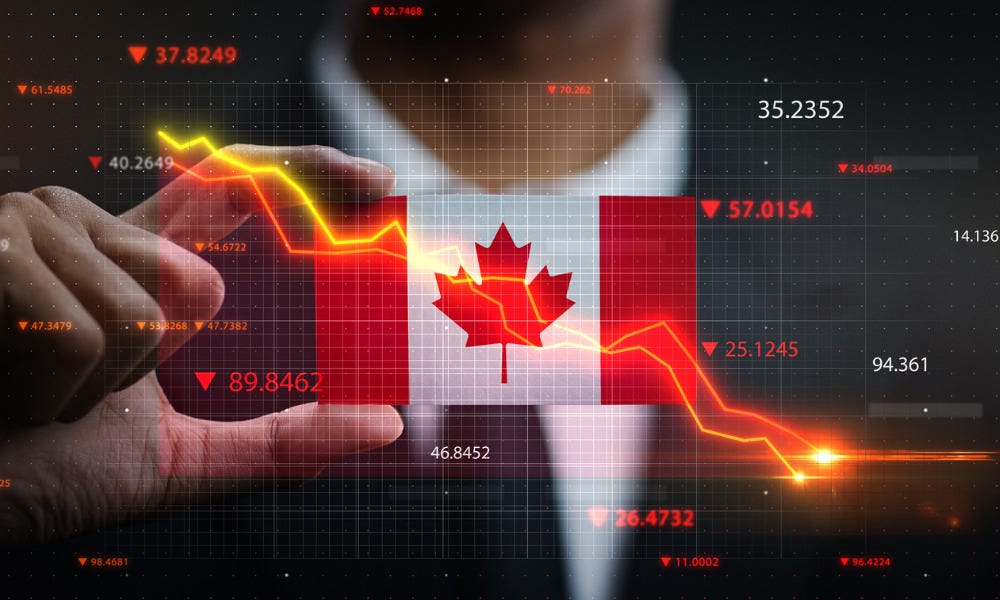
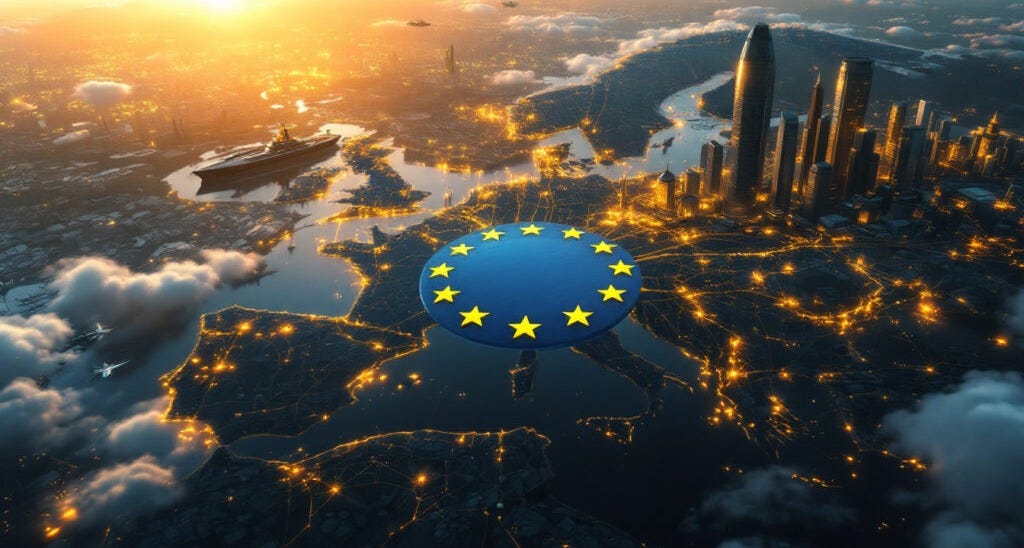
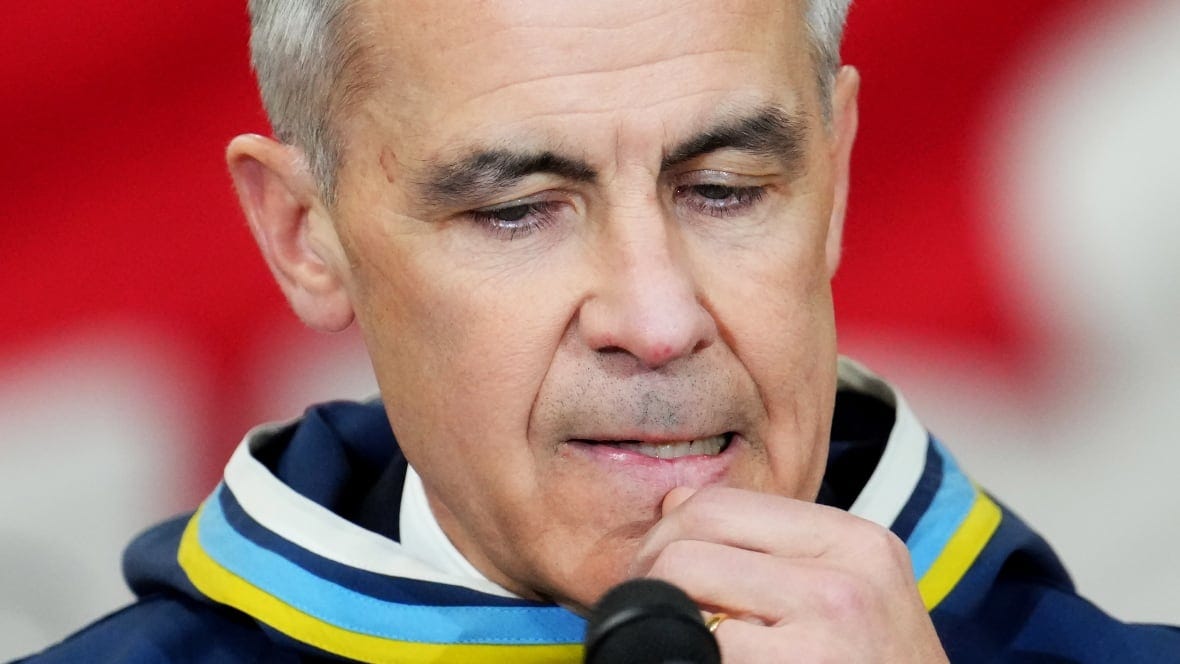

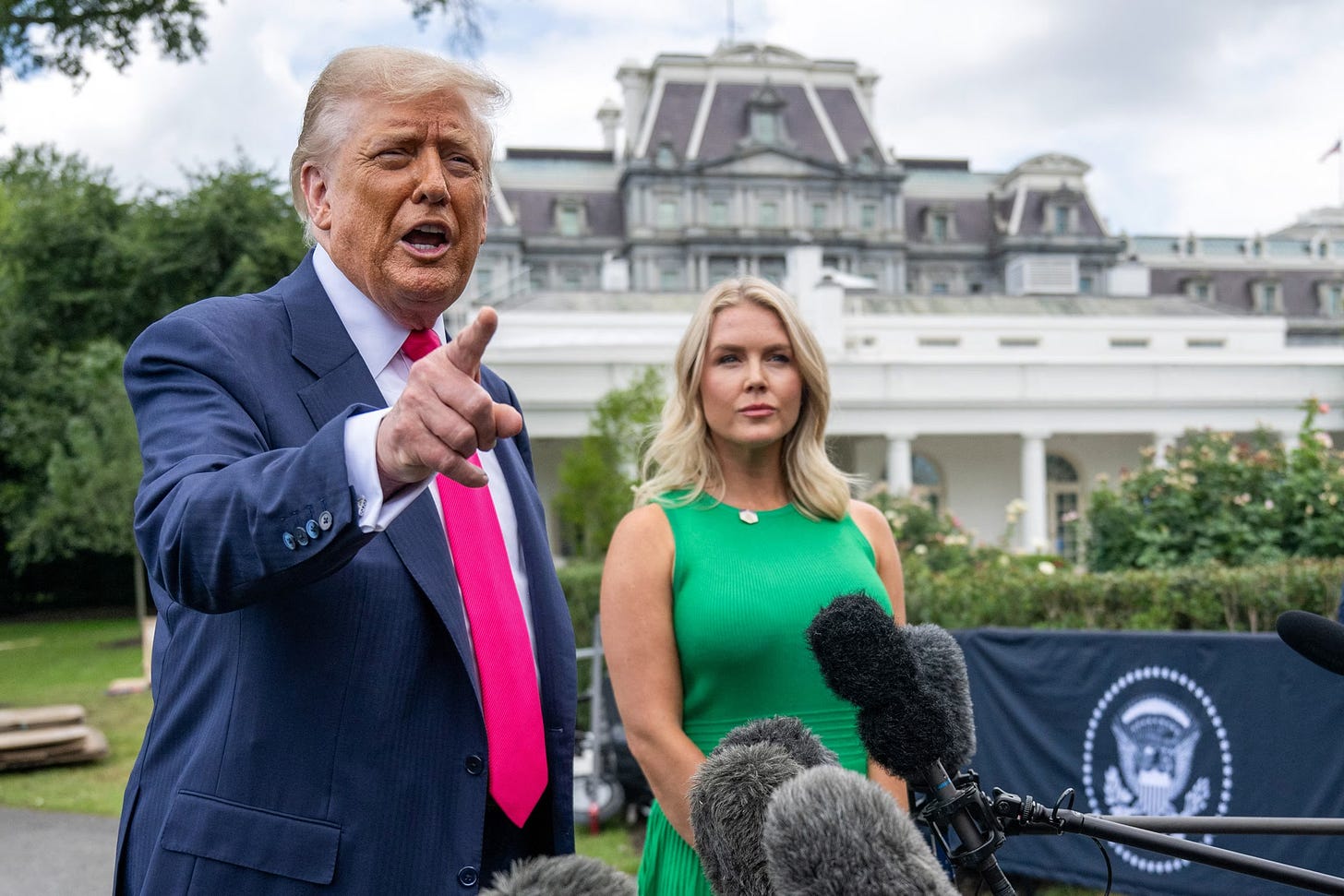






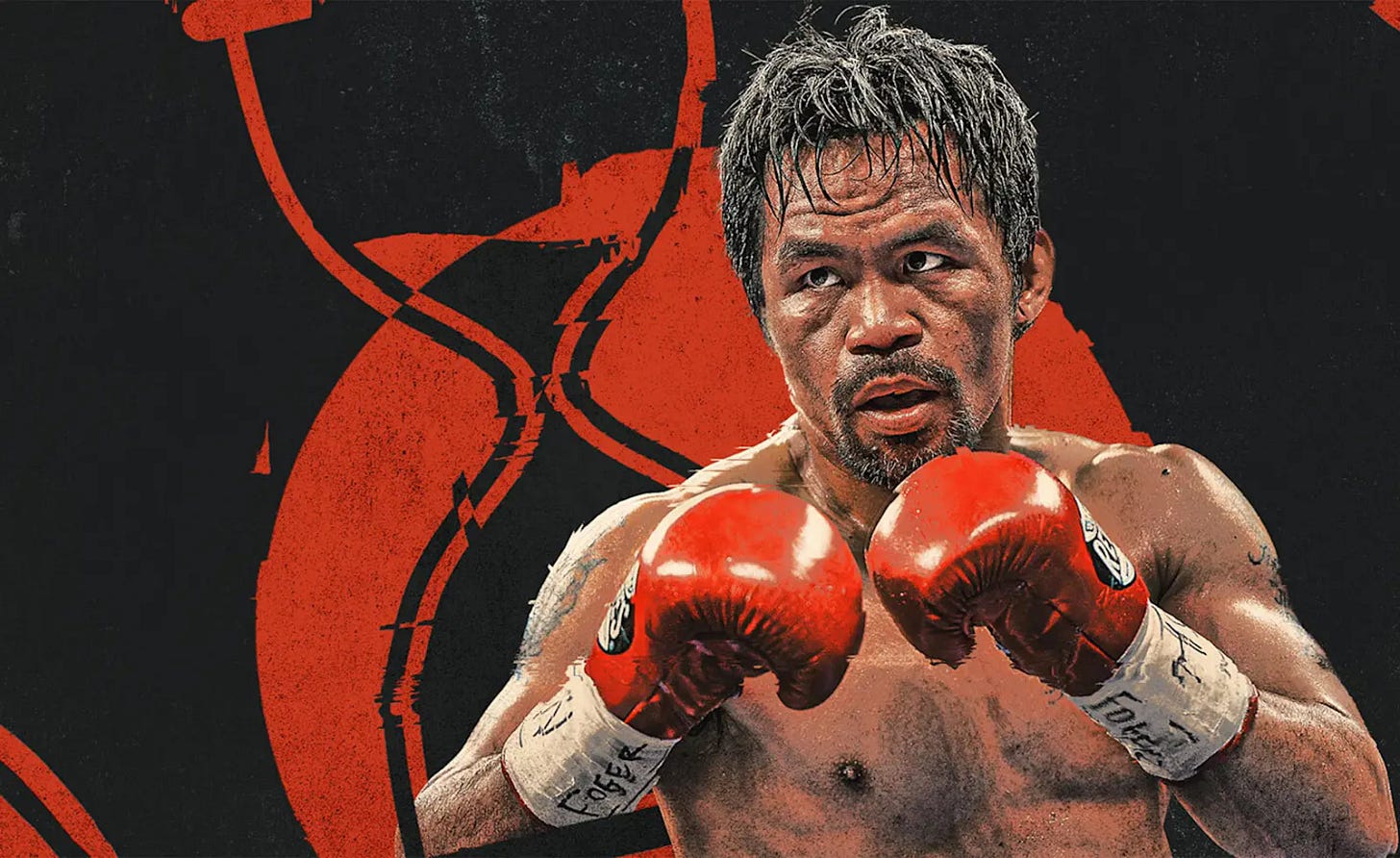

Even saving cash is an illusion - the real rate of inflation is far above what government statistics report - we all see it in our daily lives - putting cash aside is a losing proposition - all deficit spending by the government is highly inflationary - and we are about to have a boat load of it - the purchasing power of the $C is melting before our eyes...no one except the ultra wealthy will escape...